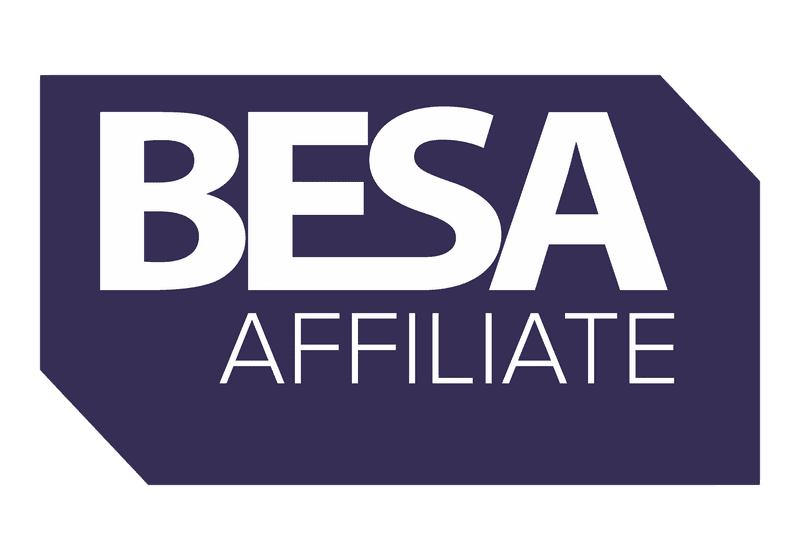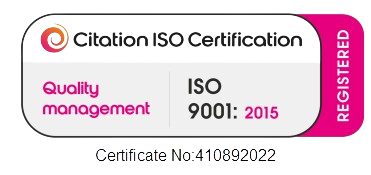According to a study by Deloitte Insights, 92% of talent professionals believe that soft skills are just as, if not more important, than hard skills. While technical skills and qualifications remain essential, soft skills are increasingly being recognised as critical factors for success. We’re delving into why soft skills are becoming more important in hiring decisions and how both candidates and companies can identify and develop them.
The Growing Importance of Soft Skills
Soft skills such as adaptability and flexibility, communication and collaboration, problem-solving and critical, emotional intelligence and more, are an asset to any dynamic work environment. Employees with strong adaptability skills can navigate new challenges and shift priorities, effectively. Whilst soft skills like analytical thinking and innovation enable employees to tackle complex issues efficiently and contribute to improvement and growth of a business’ processes.
Identifying Soft Skills
Candidates:
For candidates, the easiest way to identity your soft skills are to self-assess and reflect on past experiences and jobs where soft skills have been demonstrated or used. It’s vital to highlight and shout about your soft skills in your CV, cover letter or when chatting to a recruitment consultant. As a candidate, be ready to discuss your soft skills during interviews. If you’ve previously been asked about them in an interview reflecting on your responses can help prepare for future interviews.
Companies:
As a business, it’s important to identify soft skills in talent and interviewees. A study of businesses by BusinessNameGenerator (BNG) found that the most common reasons for perceiving soft skills as important are that they can make or break a hiring decision (22%). They are essential for career development (18%) and can help differentiate similar candidates (17%).
During an interview process, ask questions that require candidates to provide examples of how they’ve demonstrated specific soft skills in the past. In addition, implement assessments and tasks that evaluate a candidate’s soft skills and provide insight into their abilities. Finally, seek feedback from candidates’ previous employers or references to identity their soft skills in a workplace.
Developing Soft Skills
Candidates:
With around 71% of employees believing soft skills will be more or just as important in the future, continuous learning, seeking feedback and applications are the three easiest methods for candidates to develop soft skills. Engage in learning or workshops to grow your knowledge on topics such aa communication, leadership and emotional intelligence will only help refine your skills. Seek and use feedback to identify areas for improvement and ultimately showcase yourself as an asset.
Companies:
Invest in your workforce by offering training and development courses to strengthen existing soft skills amongst your team. If you foster a culture of continuous learning, employees are likely to take ownership of their development and growth. Mentorships are a great method of encouraging self-learning - provide your workforce with support from other staff to develop their soft skills. Provide your employees with the resources they need to thrive, and you’ll benefit as an organisation.
As the value and importance of soft skills increases, both candidates and companies must prioritise their development and integration into the hiring process. By recognizing the value of soft skills and taking proactive steps to identify and nurture them, organisations can build a more adaptable, innovative, and collaborative workforce. Candidates, in turn, can enhance their employability and career prospects by honing these essential qualities.
Get in touch with our team to chat about how we can find you top talent that meets your needs – 01509 615290.
References:
https://www.forbes.com/sites/bryanrobinson/2024/04/04/soft-skills-in-the-workplace/







